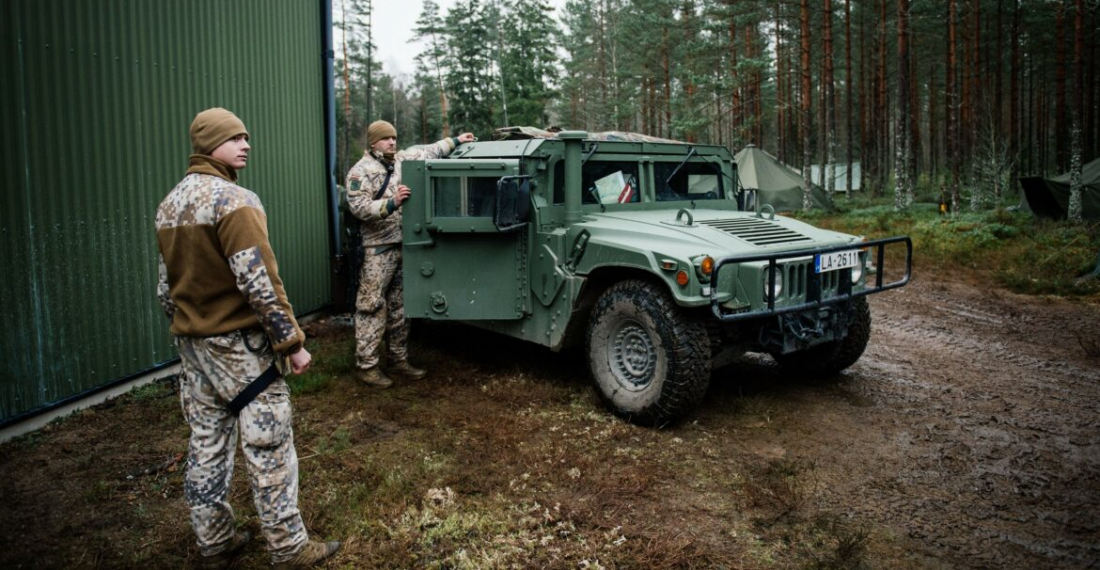The Latvian Minister of Defence, Artis Pabriks, has urged the imposition of compulsory military service following the increasing tensions with neighboring Russia due to the war in Ukraine.
“The current military system of Latvia has reached its limit. Meanwhile, we have no reason to think that Russia will change its behavior”, said Pabrik.
The minister also announched plans to build a new military base near the southeastern city of Jekabpils, located closer to the Russian border than the existing Adazi base.
The system will be phased in over the next five years. People between the ages of 18 and 27 who are called up can choose to join the army or the National Guard. If they do not want that, there is an alternative service where they can work for a government-affiliated organisation. The remuneration is a maximum of EUR 400 per month. The new conscription military service only applies to men.
Since 2007, the Latvian army has consisted of active professional soldiers and part-time National Guard volunteers who reinforce the infantry on weekends. In total, the armed forces have 7500 members. They are supported by 1500 NATO troops.







